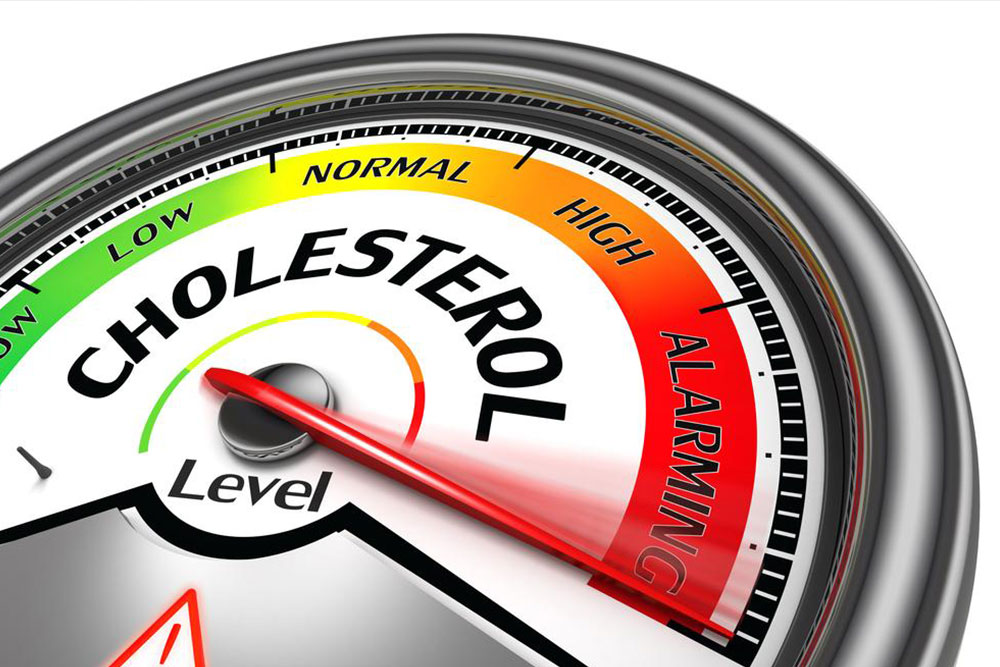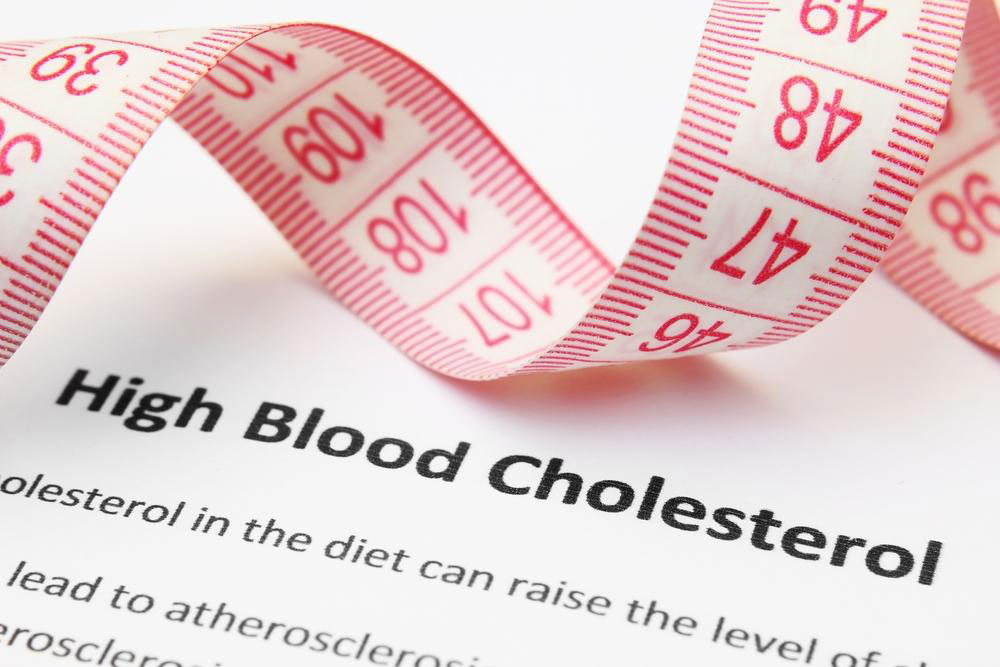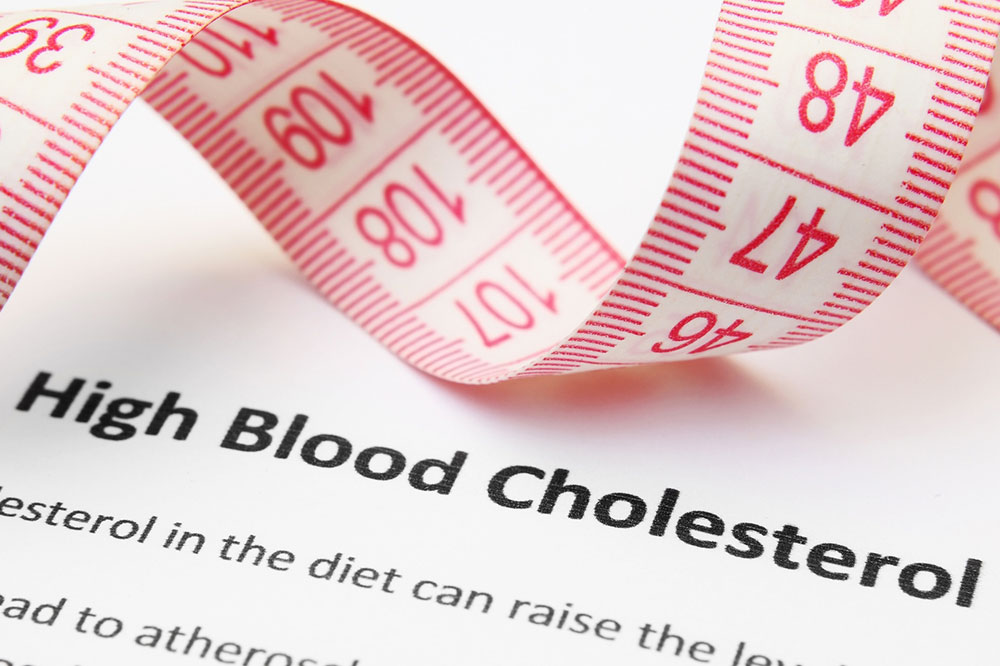Top 4 Causes of Elevated Cholesterol Levels
Understanding the key causes of high cholesterol is vital for maintaining heart health. Factors such as diabetes, smoking, obesity, and poor diet significantly influence bad cholesterol levels. By making lifestyle changes, individuals can effectively manage and lower cholesterol, reducing the risk of cardiovascular issues and improving overall health.
Sponsored

Maintaining balanced health involves practicing moderation in everything, including cholesterol intake. While our bodies require cholesterol to support vital functions like forming cell structures, producing vitamin D, digesting fats, and synthesizing hormones, excess levels can be harmful. Cholesterol isn't inherently bad; it’s the imbalance that poses health risks. Distinguishing between beneficial (good) and detrimental (bad) cholesterol is important. High bad cholesterol levels can lead to artery blockages, increasing health complications. Understanding what contributes to bad cholesterol is essential for prevention.
Several factors contribute to elevated cholesterol:
Diabetes: High blood sugar levels often correlate with increased bad cholesterol and decreased good cholesterol, damaging blood vessels over time.
Smoking: Harmful to artery walls, smoking weakens blood vessels and reduces good cholesterol, promoting fatty deposits.
Obesity: Excess body weight, especially a BMI over 30, hampers cholesterol balance, increasing risks.
Unhealthy Diet: Consuming foods rich in saturated and trans fats, such as fast foods, promotes high bad cholesterol levels.
Managing cholesterol involves adopting healthier lifestyles, including diet modifications and regular exercise. Staying informed and proactive can help keep cholesterol levels within a safe range and promote overall well-being.






